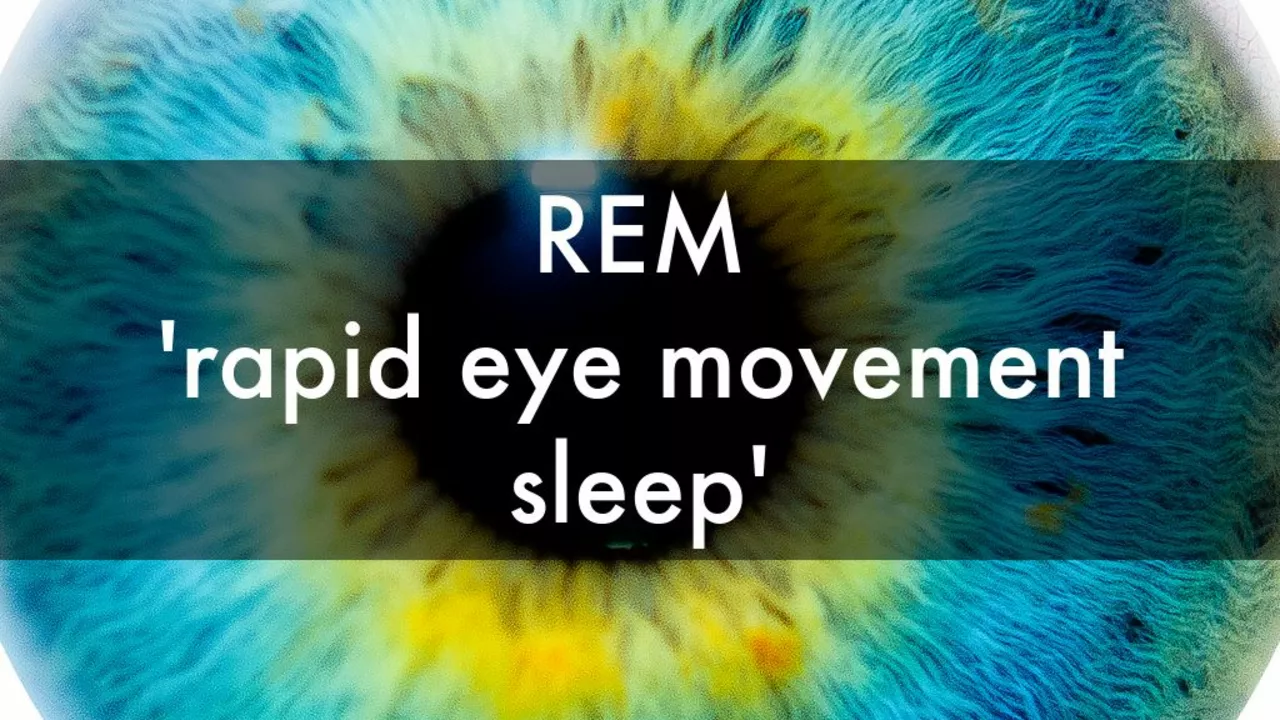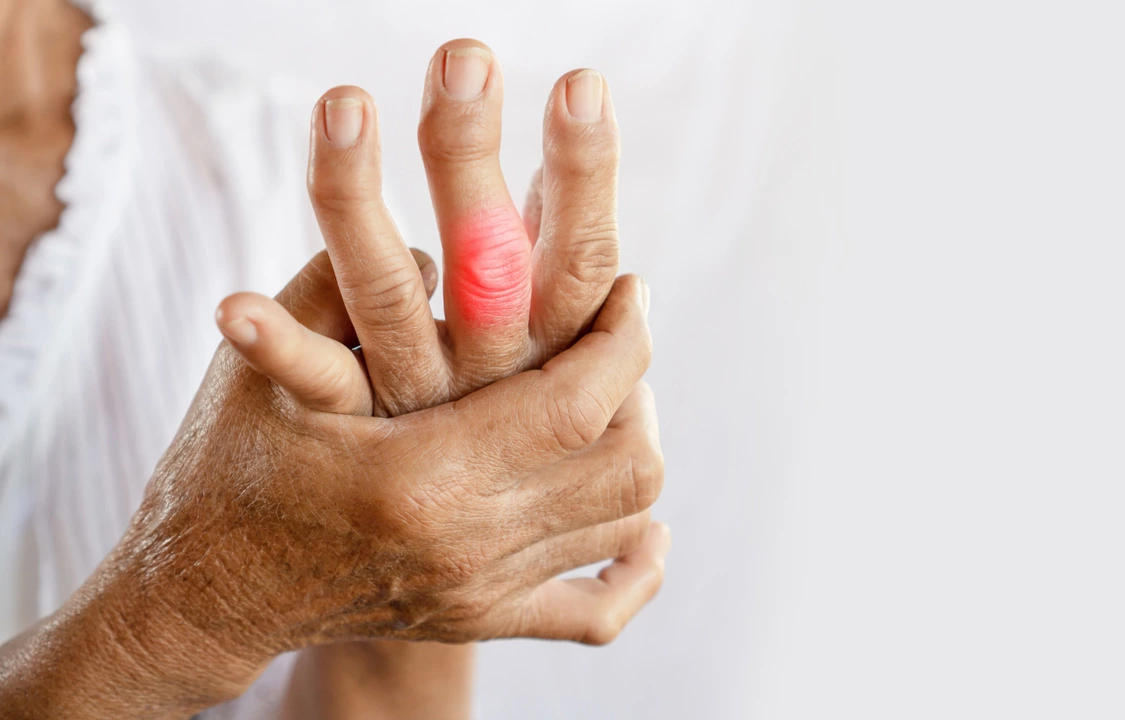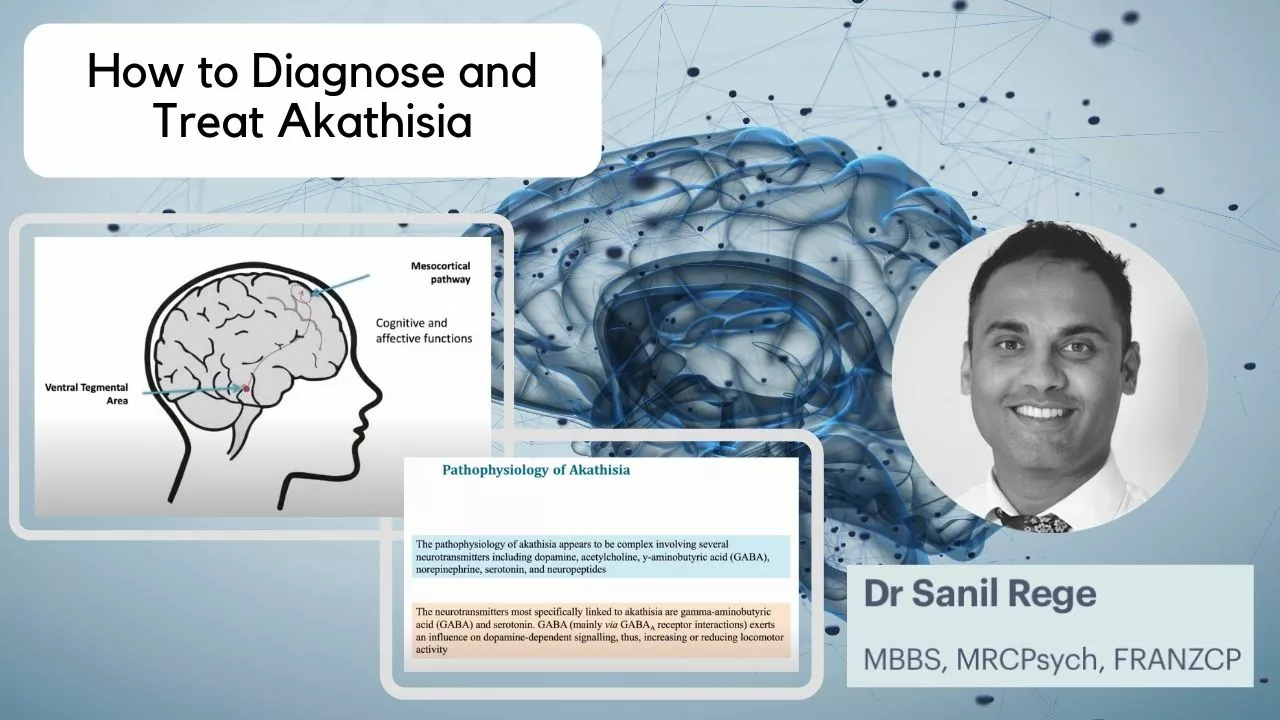June 2023 — What We Published and Practical Takeaways
June brought a mix of clear, useful posts — from HIV drug trials to sleep and metabolism, caregiving after stroke, supplements, and medicine side-effect flags. If you scanned the month and want the quick, usable bits, this summary pulls out what matters and how you can act on it.
HIV, clinical trials, and what patients should know
We covered Efavirenz-Emtricitabine-Tenofovir and the role clinical trials played in proving its safety and power against HIV. Clinical trials aren’t just paperwork — they test real people and shape real treatment options. If you or someone you care for is on or considering this combo, keep these practical steps in mind: follow the prescribed regimen closely, talk to your provider about resistance testing, and ask about side-effect management up front. Clinical-trial evidence helps clinicians pick the right combos for long-term viral suppression.
Sleep, metabolism, caregiving, supplements, and medication flags
REM sleep affects calorie burn and appetite regulation more than many expect. Want better REM? Keep a steady sleep schedule, limit late-night screens, avoid heavy alcohol before bed, and get regular daytime activity. Those changes often make a bigger difference than fancy supplements.
For stroke recovery, caregivers are the backbone of rehab. Practical tips we shared: set small, measurable goals for daily function, coordinate a simple schedule for therapy and meds, and use quick checklists for appointments and exercises. Don’t forget caregiver self-care — short breaks and asking for help keep the whole plan sustainable.
We also looked at ergot-derived supplements. Some readers find energy and focus benefits, but ergot compounds can carry risks. Before trying any new supplement, ask your doctor about interactions with prescription meds and watch for unusual symptoms. Start low, track results, and stop if you notice anything off.
Amlodipine showed a possible link to gout flare risk in one post. If you take amlodipine and suddenly have joint pain or swelling, tell your doctor. They may check uric acid, adjust medications, or suggest lifestyle changes like cutting back on high-purine foods and alcohol.
Finally, aripiprazole and akathisia: restless agitation can come on with some antipsychotics. If you or a loved one feels inner restlessness or can’t sit still after starting a medication, speak up. Options include dose adjustment, switching drugs, or short-term meds to help akathisia while a longer-term plan is made.
June’s posts focused on clear signals: ask questions, track side effects, and use small habit changes for big wins (better sleep, realistic rehab plans, safe supplement use). Want to read any post in full? Head to our site and open the June 2023 archive for each article and practical next steps tailored to that topic.
In my latest deep dive into HIV research, I've been studying the crucial role of clinical trials, specifically focusing on the drug combination Efavirenz-Emtricitabine-Tenofovir. This combination is a powerful weapon in the fight against HIV, helping to halt the virus's replication within the body. Clinical trials have been instrumental in proving its effectiveness and safety, leading to its widespread use. These trials are an essential part of medical research, not only validating the efficacy of treatments but also ensuring their safety for patients. In the fight against HIV, they're the unsung heroes, continually pushing the boundaries of what's possible.
As a blogger, I've recently discovered the significant impact Rapid Eye Movement (REM) sleep has on weight loss and metabolism. It turns out, during REM sleep our bodies are actually burning calories at a higher rate compared to other sleep stages. This is mainly because our brains are highly active, leading to an increased demand for energy. Moreover, getting enough REM sleep can help regulate our appetite and prevent overeating. So, prioritizing good sleep quality is essential not only for our overall well-being, but also for maintaining a healthy weight and metabolism.
18 Jun
2023
As a blogger, I've been researching the crucial role caregivers play in stroke rehabilitation. These unsung heroes provide emotional, physical, and mental support, helping stroke survivors regain their independence and quality of life. They assist with daily tasks, medical appointments, and therapy sessions, often becoming the backbone of the recovery process. Additionally, caregivers often collaborate with healthcare professionals to develop personalized rehab plans that cater to the unique needs of each survivor. In essence, caregivers are integral to a stroke survivor's journey to recovery, and their dedication and compassion should not go unnoticed.
Embarking on a wellness journey can be challenging, but incorporating ergot supplements can make a significant difference. These supplements are derived from a fungus that has been used for centuries to treat various health issues. Not only do they help improve mental clarity and focus, but they also aid in alleviating fatigue and boosting overall energy levels. Additionally, ergot supplements have been found to support a healthy immune system. So, if you're looking to enhance your wellness journey, consider giving ergot supplements a shot and experience the benefits for yourself.
As someone who experiences joint pain, I recently came across an interesting connection between amlodipine and gout. Amlodipine is a common medication used to treat high blood pressure, but it has been found to potentially increase the risk of gout. Gout is a type of arthritis caused by a buildup of uric acid crystals in the joints, leading to painful inflammation. If you're taking amlodipine and experiencing joint pain, it's important to discuss this with your doctor. They may recommend adjusting your medication or exploring alternative treatment options to help alleviate your symptoms.
As someone who's been researching mental health medications, I recently came across a topic that caught my attention: Aripiprazole and its connection to akathisia. Aripiprazole, a widely prescribed antipsychotic medication, has been known to cause akathisia, a condition characterized by restlessness and agitation. Although this side effect can be quite bothersome, I've discovered that it can be managed through dose adjustments, additional medications, or even switching to a different antipsychotic drug. It's crucial for patients and healthcare providers to openly communicate and work together to find the best solution. Mental health is a complex journey, and understanding these nuances can make a significant difference in treatment outcomes.





